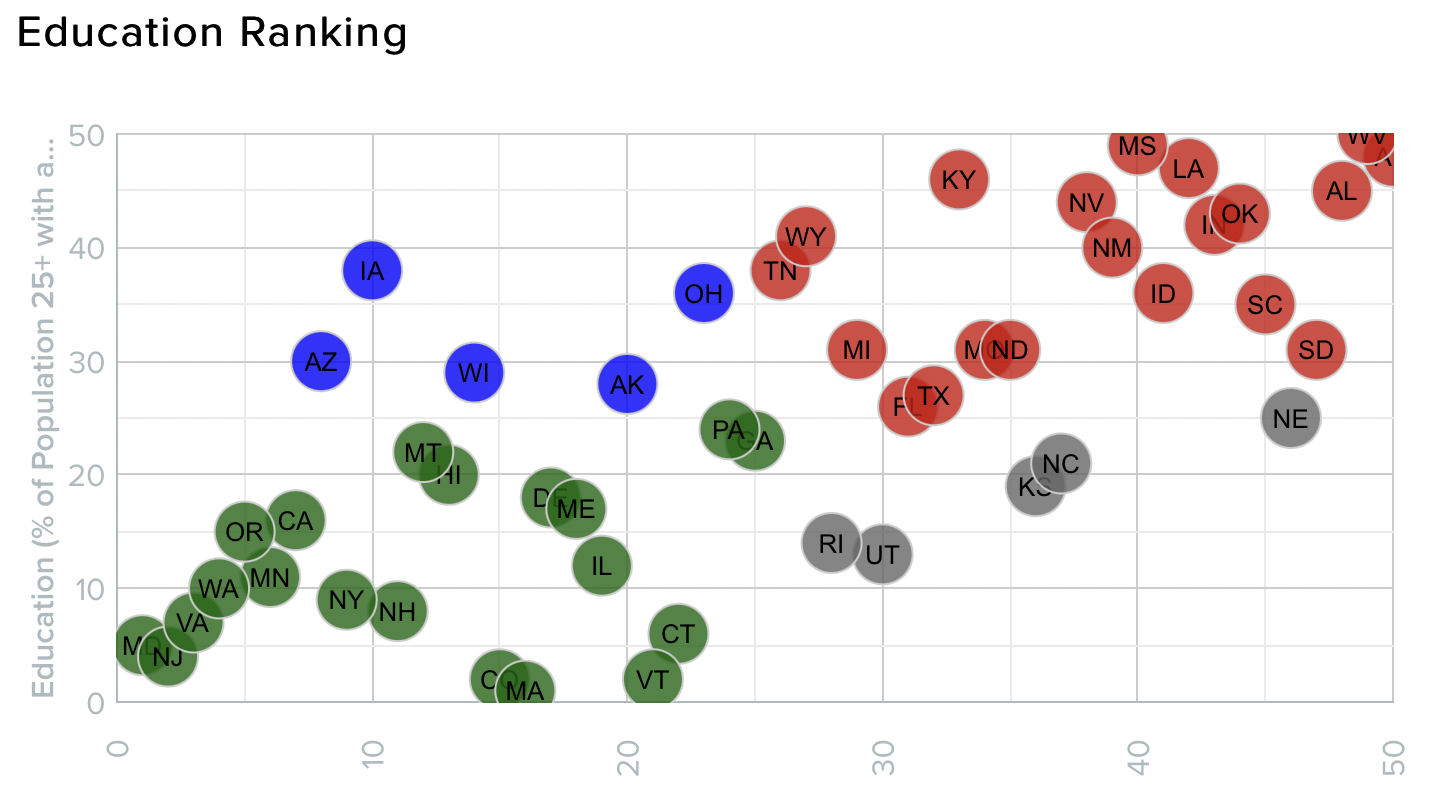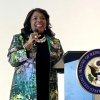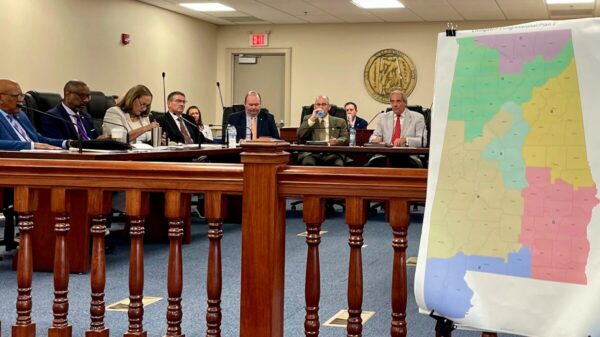|
Getting your Trinity Audio player ready...
|
Alabama voters are among the least politically engaged in the country, according to a new study from Wallethub.
The study, which factors in 10 different metrics to determine political engagement, found Alabama to rank 48th, above only West Virginia and Arkansas.
“Turnout is a function of four things – political culture, socioeconomic factors (education, income, etc.), the ease of voting, and mobilization,” said Clark University professor Robert Boatright. “The states that usually have high turnout – wealthier and better-educated states such as Massachusetts, Connecticut, Minnesota, or Colorado – will continue to have high turnout. Some states with competitive statewide races – places like Georgia or Pennsylvania – may also be places where one or both parties are successful in getting voters to turn out.”
A lack of competitive races in the upcoming general election was among the limiting factors cited by Alabama Secretary of State John Merrill when projecting voter turnout for the mid-term elections. Merrill expects 45 to 50 percent of voters to turn out for the election, which could break the state record for number of voters in a mid-term, but not percentage.
The study weighed 10 metrics to determine political engagement, including the percentage of registered voters in the 2020 election, percentage of electorate that actually voted in the 2018 midterms, percentage of electorate who actually voted in the 2020 Presidential election, total political contributions per adult and other factors.
The study found a strong correlation between a state’s level of education and political engagement. Alabama ranked 45 in education compared to 48 in political engagement.
The study found 45.4 percent of Alabamians aged 18-24 were politically engaged, good enough for 35th in the US. But the state ranks 49th in political engagement among citizens 65 and up with 64.8 percent engagement.
The study also took into account voter access policies and voter education, which Democrats have criticized in the state. Alabama does not allow for mail-in voting, curbside voting or early voting. Republicans say the measures protect elections security.
Alison Johnston, an associate professor at Oregon State University said there several reasons for some states being more politically engaged than others.
“We know from quantitative work that education and income correlate highly with voter turnout,” Johnston said. “So, states, where a greater proportion of people have college degrees and higher incomes such as Massachusetts, Minnesota, etc. will tend to have higher voter turnout rates. The ease of voting also helps. States where voting by mail is possible and where someone can register to vote close to election time will have fewer barriers in the way for people to vote, which should cause turnout rates to rise.”






















































